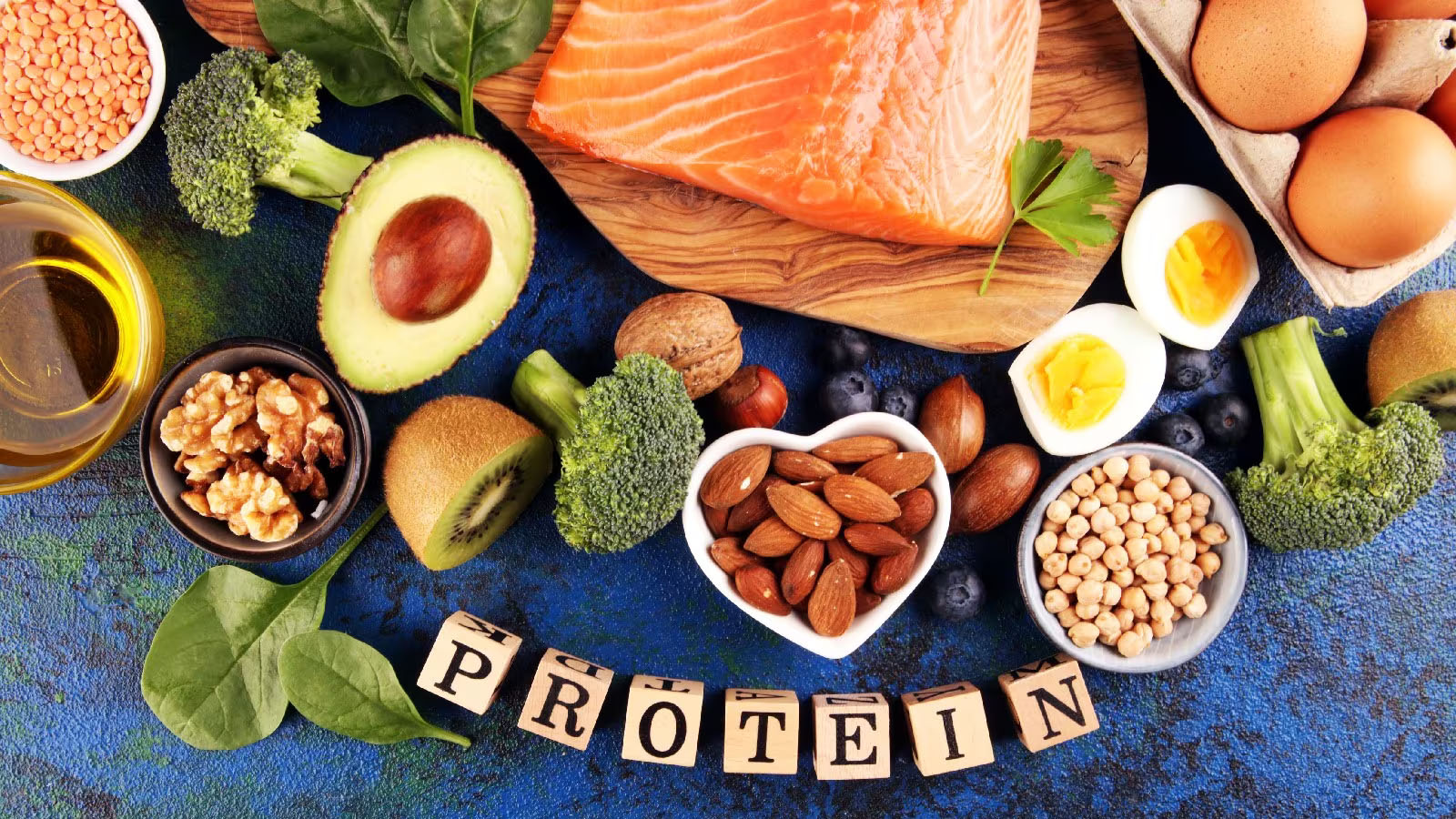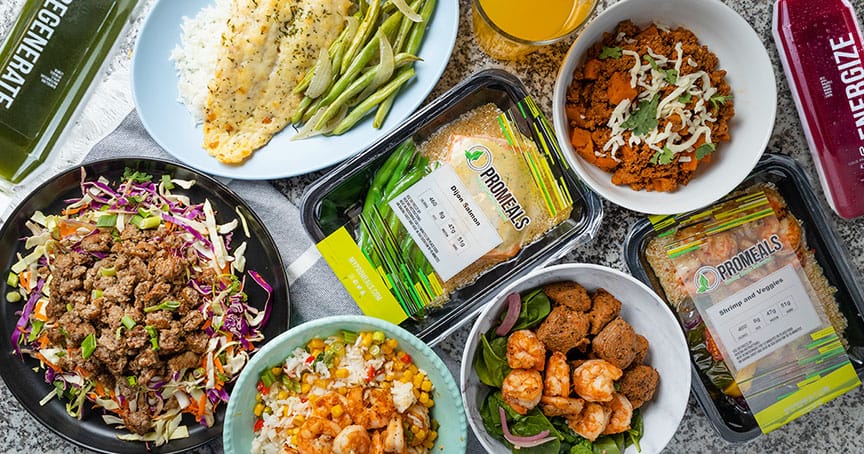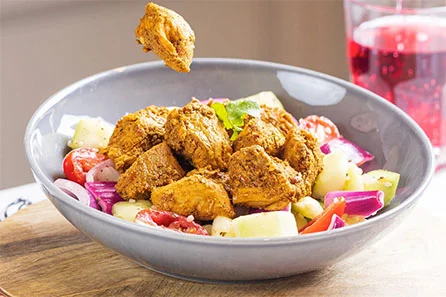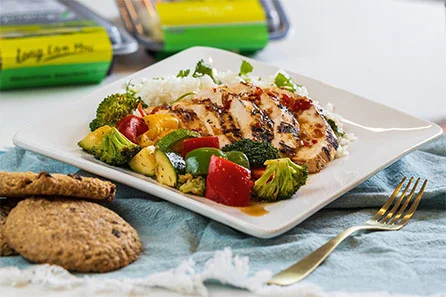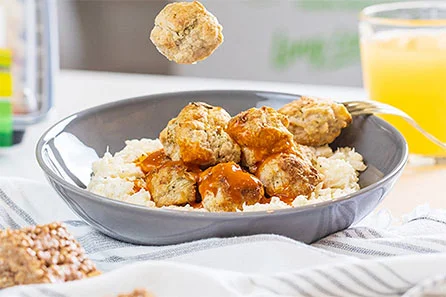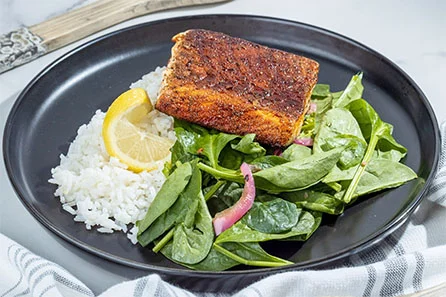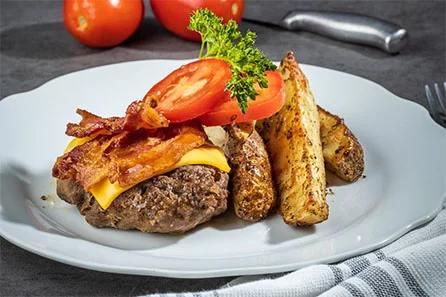If you’re looking for a healthy way to get your daily dose of protein, you should consider adding low-fat sources to your diet. Protein
is an essential macronutrient that helps build and repair tissues, produces enzymes, and supports cell growth. Eating the right type of protein can also help support weight loss goals. This article will provide a comprehensive guide on the best sources of protein with low fat content. We’ll cover information about lean meats, eggs and dairy products, legumes and grains, as well as other alternative sources of protein.
Choose lean cuts of meat as sources of protein.
Lean cuts of beef, pork, and chicken are excellent sources of protein and have a low fat content. Choose cuts such as sirloin and filets over ribs or organ meats. For poultry, opt for white meat like breast over dark meat like thighs. Trim away any visible fat before cooking your poultry to reduce the amount of fat even further. Fish is also an excellent source of protein that is often low in fat when cooked properly.
When shopping for meats, look for labels such as “USDA Select” or “choice” that indicate the meat has a low fat content. Non-meat protein sources can also be high in protein and low in fat. Eggs, beans, nuts and nut butters, Greek yogurt, tempeh, and quinoa provide additional protein sources that are often low in fat. For dairy products, choose those made with skim milk for a higher-protein and lower-fat content.
Incorporate dairy products into your diet.
Dairy products are highly nutritious and provide protein, calcium, and other essential nutrients. They also typically have a low fat content so you can get all the benefits without taking in too much fat. Choose low-fat varieties of milk and yogurt, or look for non-dairy versions like almond milk or coconut milk yogurt for an even leaner source of protein.

Lean cuts of meat such as beef, pork, and poultry provide great sources of high-quality protein and are generally low in fat. However, it’s important to ensure that you are selecting cuts that are labelled “lean” or “extra lean” to ensure you don’t take in too much fat. You can also opt for plant-based proteins like tempeh and tofu, which are both excellent sources of protein but naturally fat-free. Additionally, nuts and seeds make great snacks if you’re looking for a boost of protein — but be mindful of the calorie content since they can be very calorie dense.
Credit eggs, nuts, and seeds as excellent sources of low-fat protein.
Eggs are an excellent source of low-fat protein and can be prepared in different ways for meals or snacks. They’re also an affordable choice and a great way to keep your macronutrients balanced. Nuts and seeds are also high in protein, with almonds being especially rich. Not only that, these small snacks offer essential fatty acids, vitamins, minerals, and antioxidants as well. Snacking on them regularly can help maintain your protein intake without taking in excess fat.
All these foods are wonderful sources of low-fat protein and can be enjoyed in different ways. For an easy breakfast, look no further than two hard-boiled eggs, with some bagel chips or a piece of toast and a slice of cheese. A great on-the-go snack is a handful of almonds or nut butter, spread on crackers or eaten just by themselves. Seeds like sunflower and pumpkin are also high protein options and can be added to salads, quiches, casseroles, muffins and more for extra texture and flavor. So reach for these powerful low fat proteins when you need a quick bite!
Be aware that certain fish varieties are higher in fat than others.
While most fish is a good choice for adding protein to your diet, not all varieties are equal. In general, seafood like salmon, char, and mackerel are higher in fat than leaner choices like tuna or cod. Nevertheless, as long as you opt for omega-3-enriched versions of such fatty fish varieties, you’ll be getting essential omega-3 fatty acids with your protein intake without taking in too much fat.
Other foods that are high in protein but low in fat include certain nuts and seeds, such as almonds and chia seeds. These snacks provide about 6g of protein per ounce, as well as heart-healthy fats. Similarly, nonfat Greek yogurt is also a great high-protein/low-fat food because it contains between 12–17g of protein per 6–7oz cup. Plus, with its somewhat sweet taste and thick consistency, it can often be used to replace higher-fat creamy ingredients like whipping cream or cheese dipping sauces in recipes.
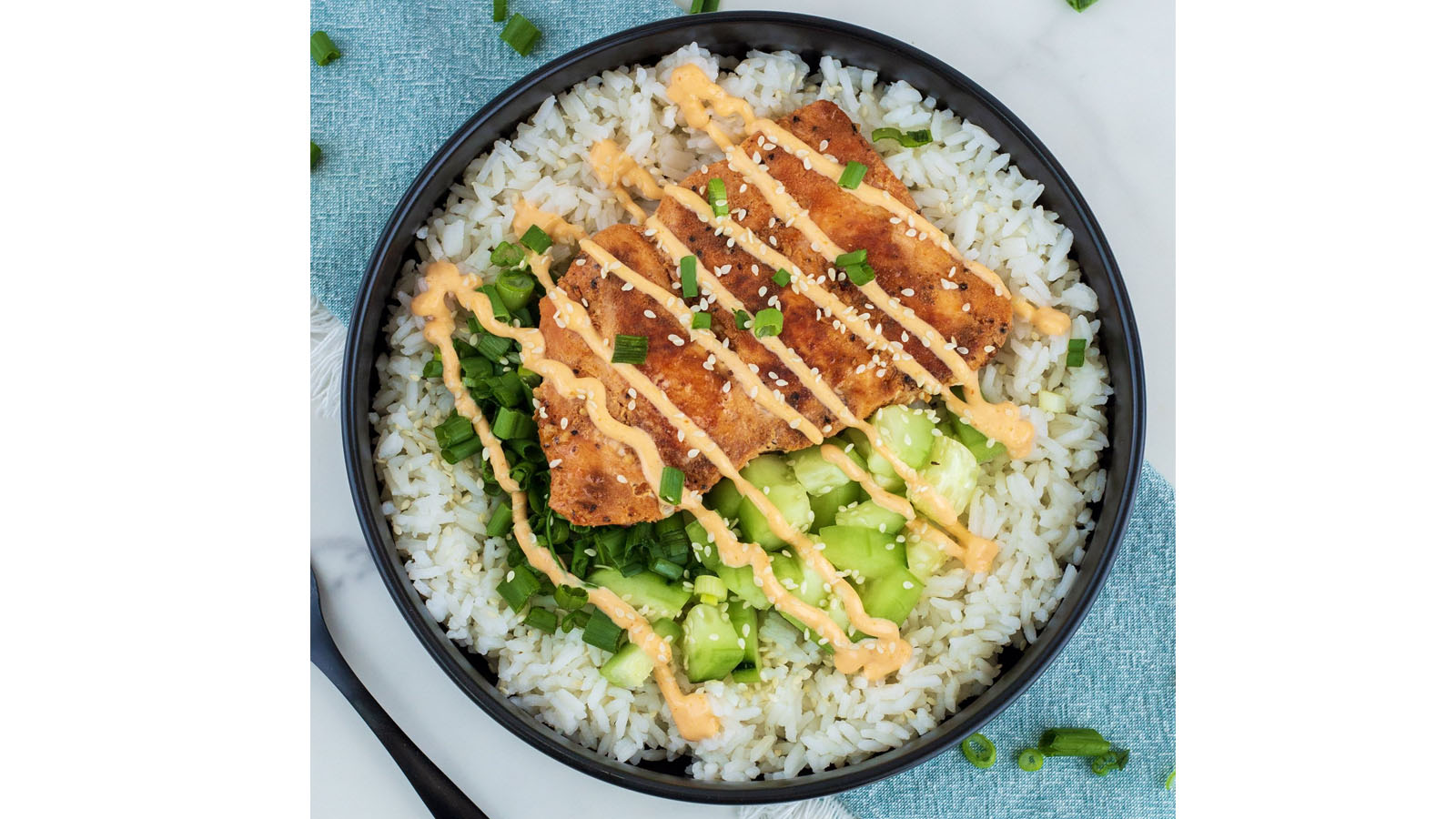
Almonds
Almonds are a rich source of protein and provide essential fatty acids. One serving contains about 5g of protein, most of which is unsaturated fat. Additionally, almonds are high in vitamin E, dietary fiber, magnesium, and other important nutrients. They also offer some trace minerals like calcium and iron. Almonds are a great snack that can be enjoyed roasted or raw.
When looking for a snack that’s high in protein and low in fat, almonds are a perfect choice. They are nutrient-dense and contain only 3g of total fat per serving; nearly all of it is the beneficial unsaturated fat (monounsaturated and polyunsaturated). Almonds can make an excellent addition to salads, oatmeal, yogurt, smoothies, muffins, cookies, and other dishes. Additionally, they are easy to carry with you when on the go. There are several different types of almonds available so you can choose what works best for your diet and nutrition needs.
In Conclusion
There are plenty of great sources of protein with low fat content that you can add to your diet. Lean meats like chicken and turkey are excellent choices, as are eggs and dairy products such as egg whites and skim milk. Finally, alternative sources like mushrooms, nuts and seeds, and quinoa also contain a good amount of protein for those looking for something different.
By incorporating some or all of these foods into your diet, you’ll have an easy time getting the protein you need without taking in too much fat.

